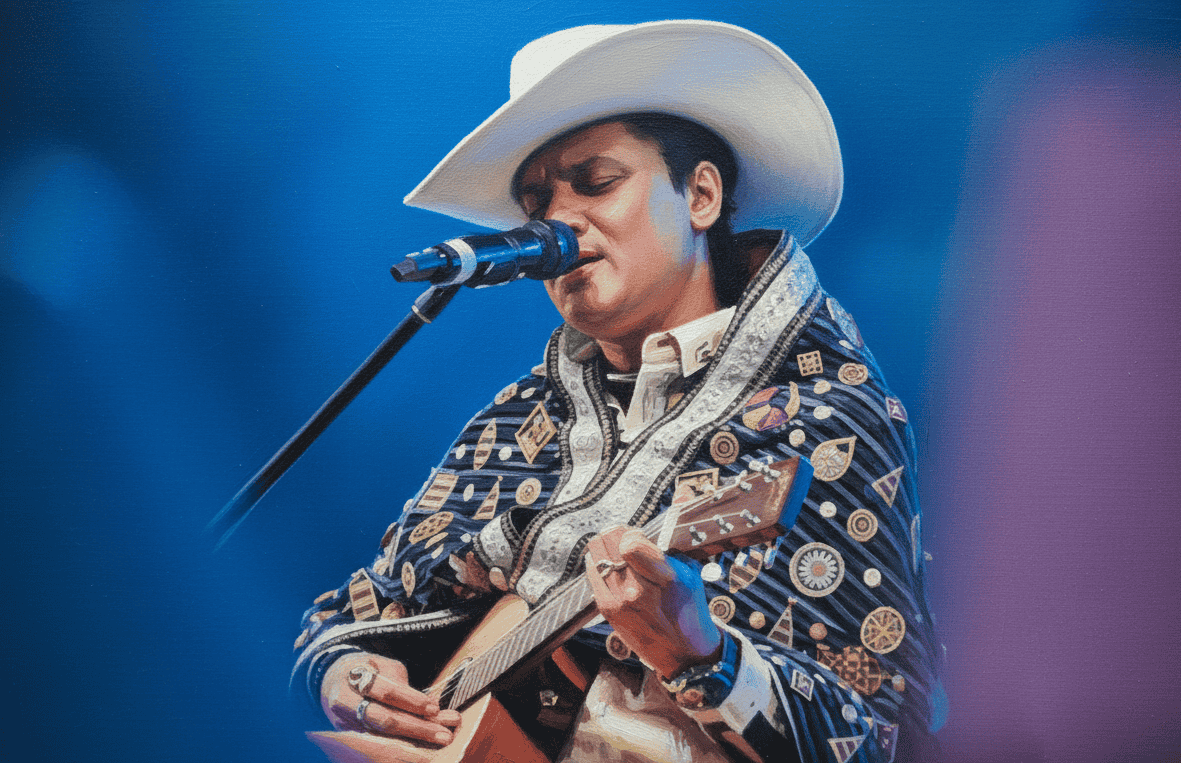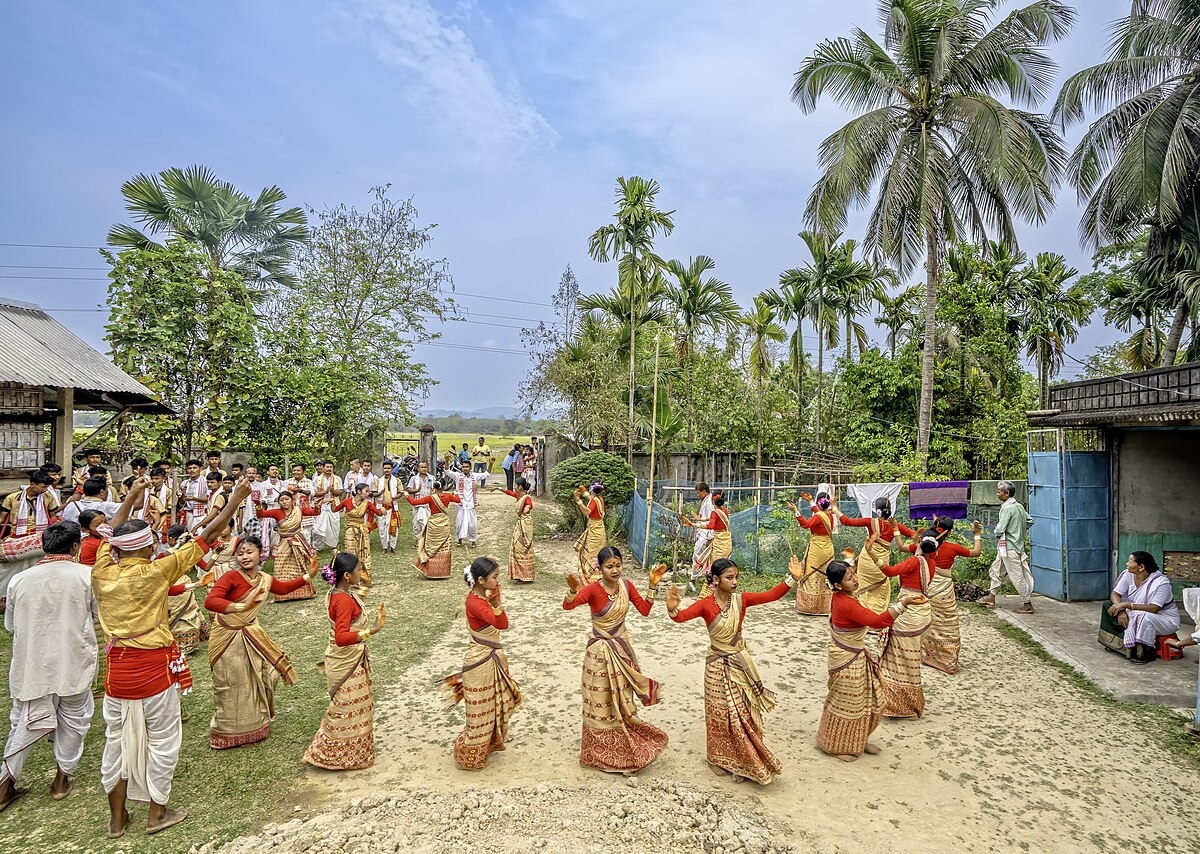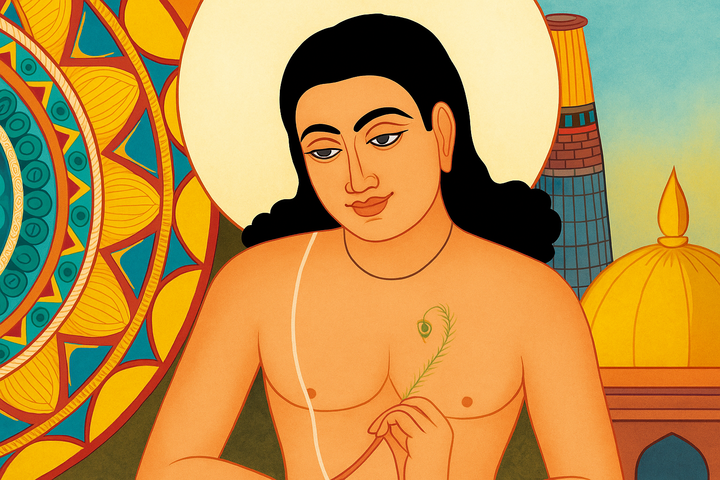Honouring the Legacy of Zubeen Garg

In the heart of Assam, where the Brahmaputra flows like an eternal song, there once rose a voice so powerful, so unique, and so deeply rooted in emotion that it became impossible to separate the singer from the land. That voice belonged to Zubeen Garg - an artist, icon, revolutionary — a name that still echoes in the rhythm of the region’s heartbeat.
Though he may no longer walk among us, his music continues to live, breathe, and evolve through millions who loved him. This tribute is not a goodbye — it is a celebration of a life that transformed the cultural fabric of Northeast India and beyond.
🎼 The Prolific Maestro
Zubeen Garg was not just a singer — he was a musical movement. With a staggering discography that includes tens of thousands of songs across Assamese, Hindi, Bengali, Bodo, Tamil, Telugu, and more, Zubeen’s output defies conventional comprehension. His career spanned decades, but his relevance never faded — he reinvented, adapted, and always stayed true to his roots. From folk songs of Assam to Bollywood chartbusters, he proved that boundaries were meaningless when passion was boundless.
🪕 A Cultural Icon
Zubeen wasn’t just a musician — he was a torchbearer of Assamese identity. Through his lyrics, activism, and unapologetic pride in his heritage, he gave voice to an entire generation that was often unheard in mainstream narratives. He sang about love, revolution, identity, and injustice — often all in the same breath. He was also a fierce supporter of regional cinema, literature, and politics. His presence at social movements, his involvement in causes close to Assamese hearts, and his raw emotional connection with his fans made him more than a celebrity — he was family.
🎤 The People’s Artist
Ask anyone from Assam what Zubeen Garg meant to them, and you’ll hear stories, not answers.
A mother remembers playing his lullabies to her newborn.
A teenager recalls their first heartbreak set to a Zubeen song.
A protestor remembers the strength he felt in Zubeen's defiant lyrics.
A migrant in a faraway city listens to his songs to feel closer to home.
Zubeen sang for the people, with the people, and most importantly, as one of the people.
🌟 Beyond Music
Zubeen was a composer, director, actor, writer, and philanthropist. He experimented fearlessly. He directed films. He advocated for mental health and the environment. He never confined himself to a genre or role — always pushing artistic boundaries while staying grounded in authenticity. And through it all, he remained humble. Unfiltered. Human.
💔 A Voice That Stays
The loss of Zubeen Garg is not just a loss for Assam or the Northeast — it’s a loss for Indian music. Yet, in his own poetic way, Zubeen never truly left.
He once said,
“Moi jibonor babe gaan gao, aru mur gaan jibon hobo.”
(I sing for life, and my songs will become life.)
And they have.
🕊️ In Loving Memory
As fans, as friends, as admirers — we don’t mourn Zubeen Garg. We celebrate him. Because people like him do not disappear. They become rivers, winds, and songs. They become the voice of a people.
Thank you, Zubeen da, for every note, every lyric, every roar, every whisper. Thank you for teaching us that music is not just entertainment — it is identity, rebellion, healing, and love. You may have left the stage, but your music plays on. Always.



